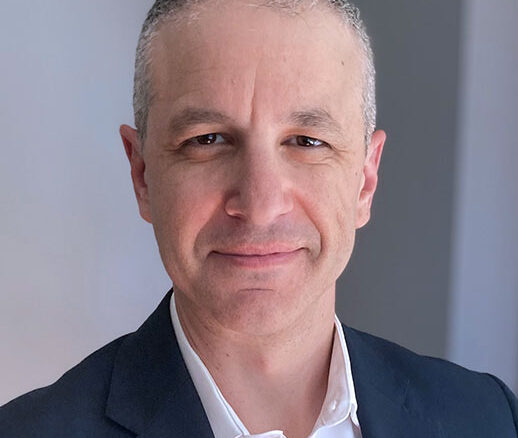
NIH on the Brink: How to Fund Medical Breakthroughs in the Trump–Kennedy Era
With Drastic Cuts on the Table, What’s the Best Way To Fund Medical Innovation – NIH Grants, Prizes, or Bold New Models?
News
LDI Senior Fellows Elizabeth Howell and Steven Joffe were named new members of the National Academy of Medicine at NAM’s Oct. 17 annual meeting.
Howell, MD, MPP, is Professor and Chair of the Department of Obstetrics and Gynecology at the Perelman School of Medicine; Joffe, MD, MPH, is Professor and Chair of Perelman’s Department of Medical Ethics and Health Policy.

The pair were among 100 members named to what is one of the highest honors in the field of health and medicine. The election process recognizes “individuals who have made major contributions to the advancement of the medical sciences, health care, and public health.”
“This extraordinary class of new members is comprised of exceptional scholars and leaders who have been at the forefront of responding to serious public health challenges, combatting social inequities, and achieving innovative discoveries,” said National Academy of Medicine President Victor J. Dzau.
Howell was cited for “illuminating the extent and origin of racial and ethnic disparities in women and children’s health, and elucidating interventions to remedy these disparities through her pioneering health services research, leadership, and advocacy.”
Joffe was cited for “being a leading expert in research ethics and developing the most widely used instrument for measuring the quality of research informed consent; re-conceptualizing grounding the ethics of human subjects research in scientific experimentation rather than medical care; and building a world-leading medical ethics division.”
Howell and Joffe join 28 other LDI Senior Fellows who are members of the NAM.

With Drastic Cuts on the Table, What’s the Best Way To Fund Medical Innovation – NIH Grants, Prizes, or Bold New Models?

An Analysis of Penn Medicine Healthy Heart Program Provides Insights

From 1990 to 2019, Black Life Expectancy Rose Most in Major Metros and the Northeast—but Gains Stalled or Reversed in Rural Areas and the Midwest, Especially for Younger Adults.

Findings Suggest That Improving Post-Acute Care Means Looking Beyond Caseloads to Nursing Home Quality

They Reduce Coverage, Not Costs, History Shows. Smarter Incentives Would Encourage the Private Sector

The 2018 MISSION Act Cut Travel Times for Veterans Needing Major Heart Procedures but That Came With More Complications in VA Community Care